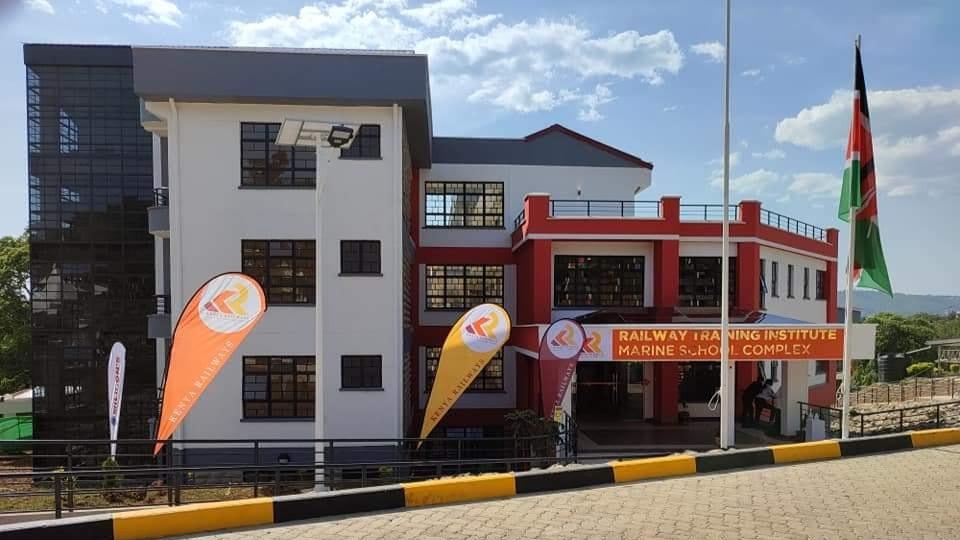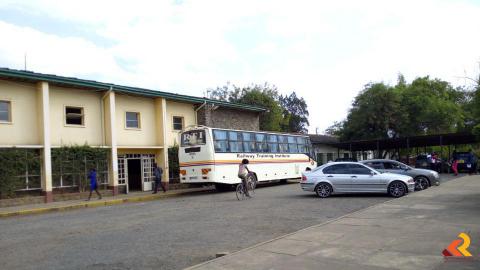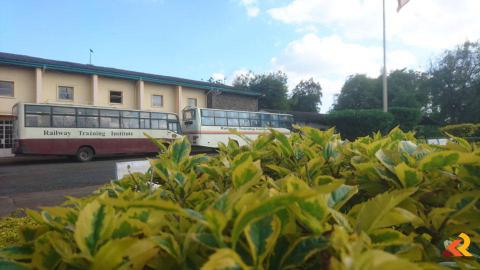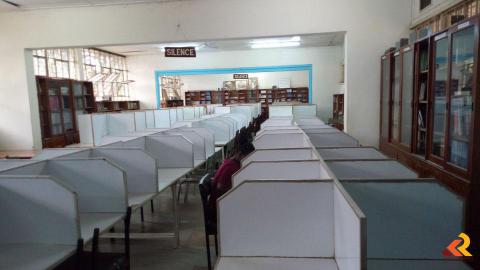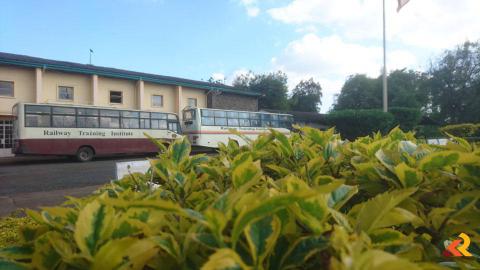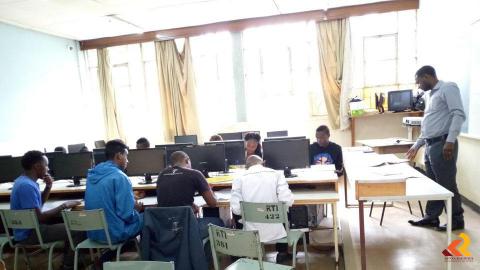The Kenya Railways – Marine School, situated at the Kisumu Port, and as constituent campus of the Railway Training Institute (Nairobi), was established with the key mandate of being a premier marine training centre and thereby being a vital cog in the wheel of Kenya’s sustainable blue economy. Armed with its vision; to be a premier training center for marine education in Africa and buttressed by the mission; to provide practical and quality training responsive to a dynamic market through education, research and technology, KR Marine School prides itself a key beneficiary of World Bank’s grant. The School was granted USD 4.8m under the sector support Kenya Transport Sector Support Programme (KTSSP) Credit No. 4926 – KE Project ID 124109.
The project includes construction of 2 no. Standard hostels, 1 no. Executive hostel (five star with 40 no. rooms) and Conference facility, Training (swimming pool) and Firefighting training villa, replete with training facilities.
The key objectives of KR Marine School include:
• Meet the requirements of skilled manpower in regional blue economy.
• Reduce the number of inland water accidents through efficient training of operators.
• Equip operators with skills and competencies to protect and preserve the marine environment.
• Collaborate with IMO and KMA and facilitate quality management and safety of Kenya’s water ways to promote regional integration through training.
• It is a requirement that KMA provides evidence of training in marine to retain the country’s listing at the IMO and hence the need to have training institutions like KR – Marine school conducting marine education and training.
The School has adopted and implemented the following IMO model and KMA approved courses;
(i) Coxswain Level III course
(ii) Diploma in International Freight Management
(iii) Craft Certificate in Maritime Transport and Logistics
Entry requirements;
(i) Coxswain Level III – Open entry, a student must pass the KMA medical fitness examination and be able to write and speak fluently in English
(ii) Diploma in International Freight Management – KCSE mean grade of C- and above
(iii) Craft Certificate in Maritime Transport and Logistics – KSCE mean D plain.
Upon completion of the Safety Training Facility, the school will roll out the following courses;
(i) STCW – Standards of Training Certification and Watchkeeping
This is a basic safety training course that is required by all seafarers who are working on board commercial ships. It includes:-
- Elementary First Aid
- Personal survival Techniques
- Fire prevention and Firefighting
- Personal safety and social responsibility
- Proficiency in survival craft and Rescue boats
(ii) Nautical Science
(iii) Marine Engineering
(iv) Marine Hospitality courses
(v) Marine Entrepreneurship
(vi) ICT
Short Courses
(i) Welding & Fabrication
(ii) Plumbing
(iii) Carpentry
Collaborations and synergistic partnerships:
KR – Marine School leverages the positive engagements with partners through collaboration, linkages and strategic relationships. This has helped place the School at a higher pedestal in Marine Education and Training. Key partners includes KMA, KPA, KPC KEMFRI, Lake Victoria Basin Commission, LBDA, NEMA, KRA, Ministry of Environment and Natural Resources, Aga Khan Hall, Sunset Hotel, St. John Ambulance, Kenya Red Cross Society, Beach Management Units, Yacht Club – Kisumu, County governments e.g. Kisumu, Siaya, Busia, Homa bay, Migori, Mombasa, Kwale, Lamu, Turkana, Nakuru, Baringo, Vihiga, Marsabit, International NGO’s e.g. Globology and private business community.
